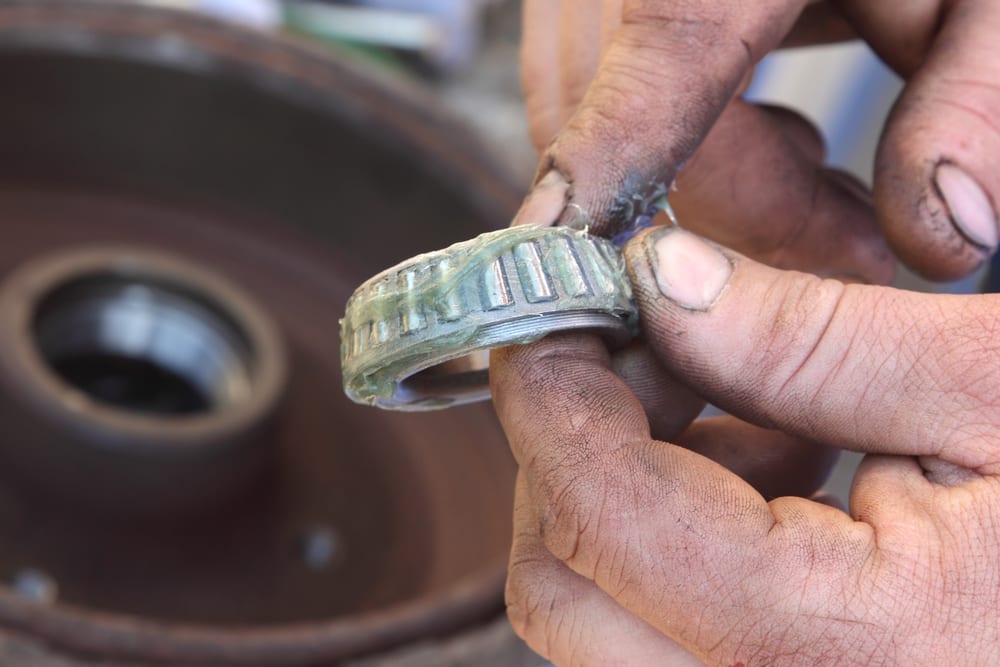After thirty years in the field service industry, I’ve heard my fair share of customer complaints. It always seems that the customer who screams the loudest gets the most attention. I’ve often wondered, though, if my managers were just trying to get rid of an annoyance — like a mother who shoves a lollipop into the mouth of a screaming toddler — rather than deal with the actual problem.
Customers learn, almost as fast as toddlers, that when they scream they get attention. And they should. We want our customers to be satisfied with our service. But I’ve also seen people who abuse this rule — I call them serial complainers. They get a taste for power and call to complain out of habit, thinking that they can only get good service by griping. Managers should be cautious about applying grease to the wheel of a serial complainer because it can end up draining resources. Plus, the customer will only complain more if you don’t put your foot down at some point.
Here are a few questions to ask yourself, and perhaps a bit of advice, about when to apply grease to a squeaky wheel.
Is This a Serial Complainer or a Service Issue?
Maybe this customer has had to bear a series of defective parts, unusual breakdowns or difficult problems to fix. Or perhaps the customer has been unlucky enough to place every service call during peak call times. Your techs can fill you in on the details here. The first step in uncovering a serial complainer is to talk to your technicians and find out if what they are telling you is accurate. A tech will sometimes bend the truth to cover his backside, so ask as many reps as you can about the customer in question. Generally, you can spot a serial complainer from a mile away.
Most grease abusers are only satisfied when a freebie is offered. You have to look at how much this is costing you in giveaways and manpower. If you determine that excessive grease is hurting your bottom-line, then it’s time to have a different conversation.
When Do You Put Your Foot Down?
Now I’m treading on thin ice. The tech in me wants to advise you to put the serial complainer on hold when they call and wait until they hang up, but the businessman in me realizes they are still providing revenue for your business. It’s time for a cost analysis. Most grease abusers are only satisfied when a freebie is offered. You have to look at how much this is costing you in giveaways and manpower. If you determine that excessive grease is hurting your bottom-line, then it’s time to have a different conversation. The next time they threaten to push your equipment off a cliff, tell them that you’re sorry they feel that way, but you’ve done all that you can do to satisfy their needs.
Has the Problem Been Addressed?
In service, we know that you can get a machine up and running (and out the door) by squirting a little lube on a noisy bearing. Sometimes that’s all that’s needed, while other times all the noise a sign that something is seriously wrong — and you’re only putting off the problem. I’ve seen managers react the same way. I’ve had dissatisfied customers that are the result of an over-zealous sales person who has set too high an expectation of the equipment or service (or both). Because the customer has an unrealistic expectation, they have a high probability of becoming a serial complainer. This problem is going to take some difficult managing, so the temptation is to get out the grease gun. Instead, deal with the problem (in this case, over-committal) and it will save a lot on lube.
Don’t get me wrong. I believe that there are many times when a squeaky wheel should get the grease. Anyone who has worked in customer service knows the power of the freebie. What I’m saying is that applying grease liberally, instead of getting your hands dirty and getting to the root of customer dissatisfaction, will cost your business more in the end.


Share this: